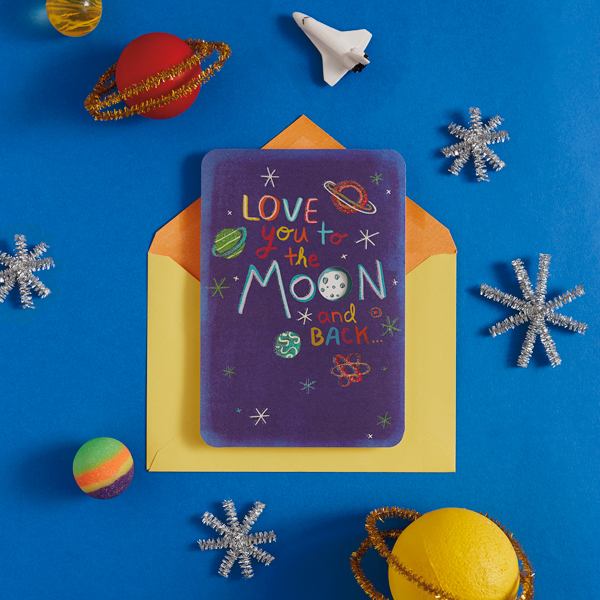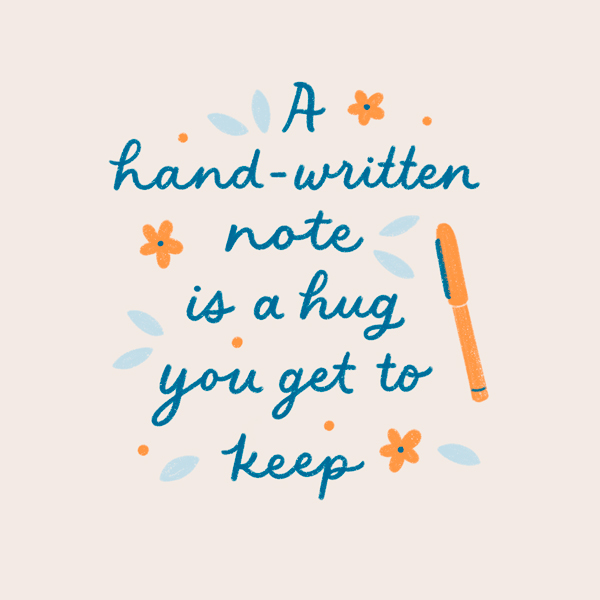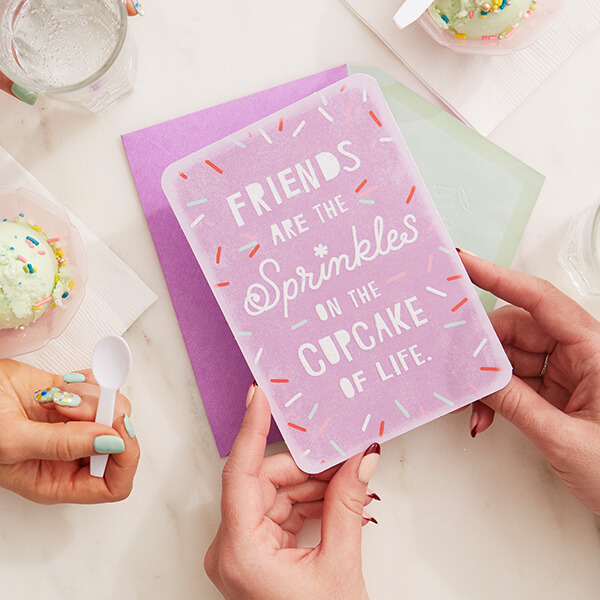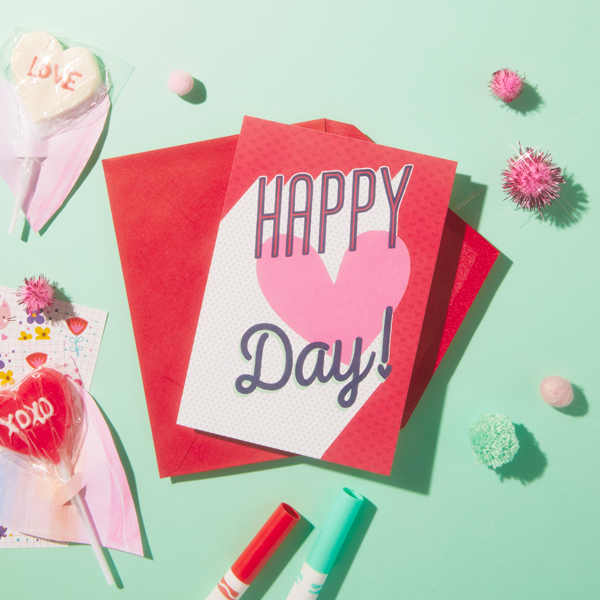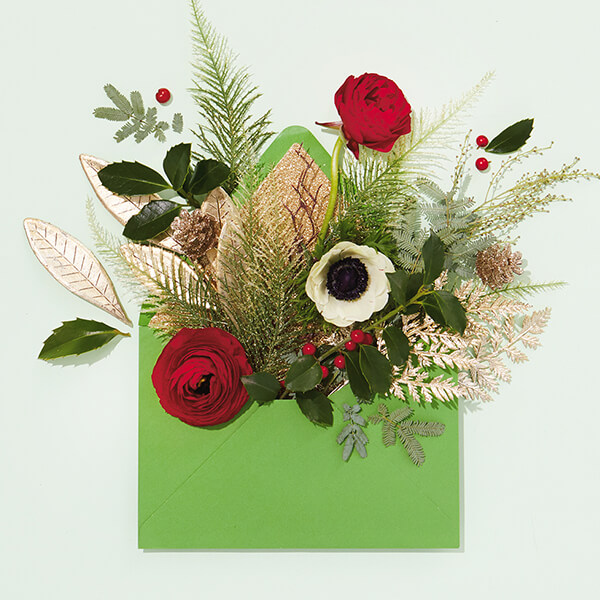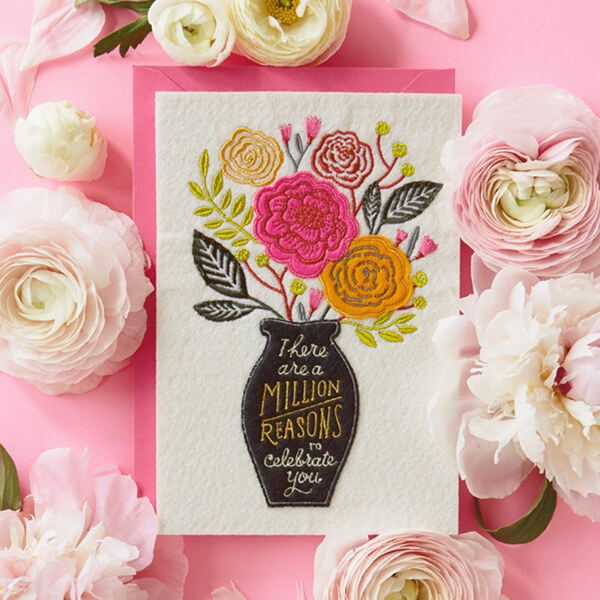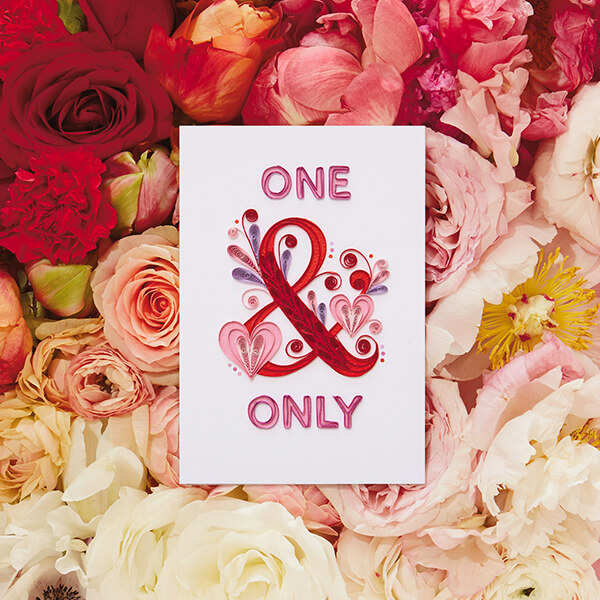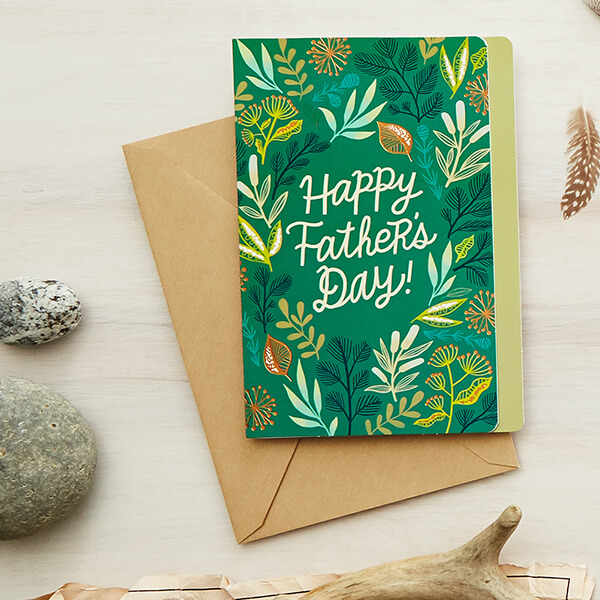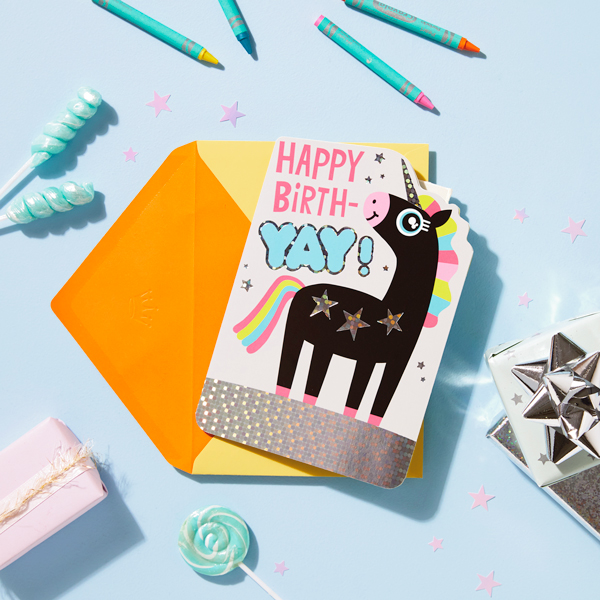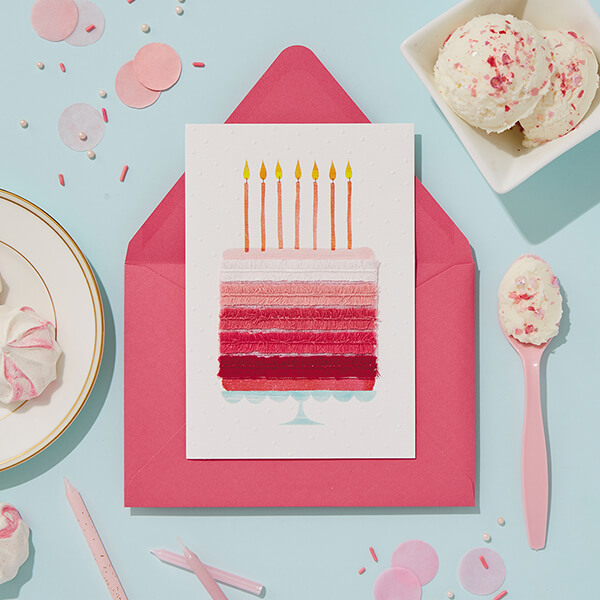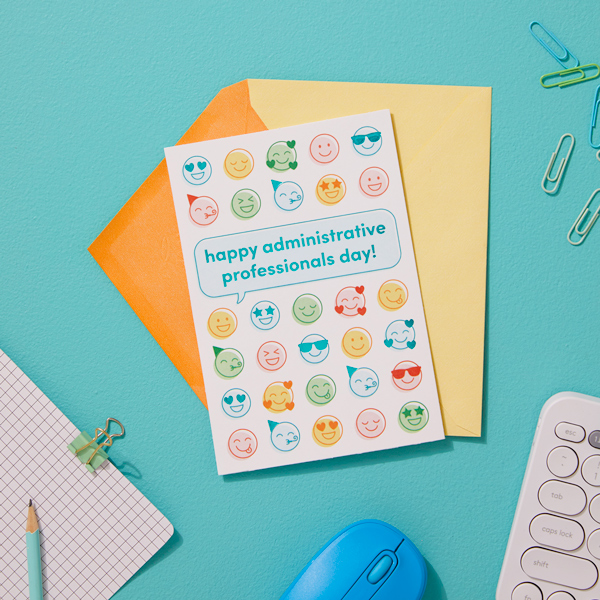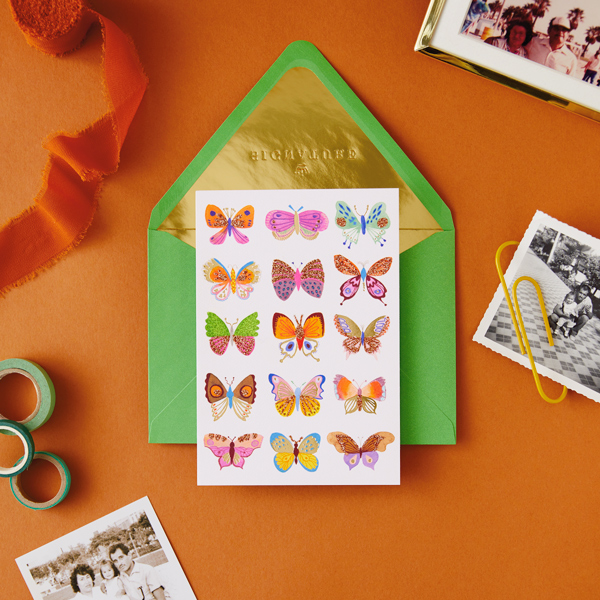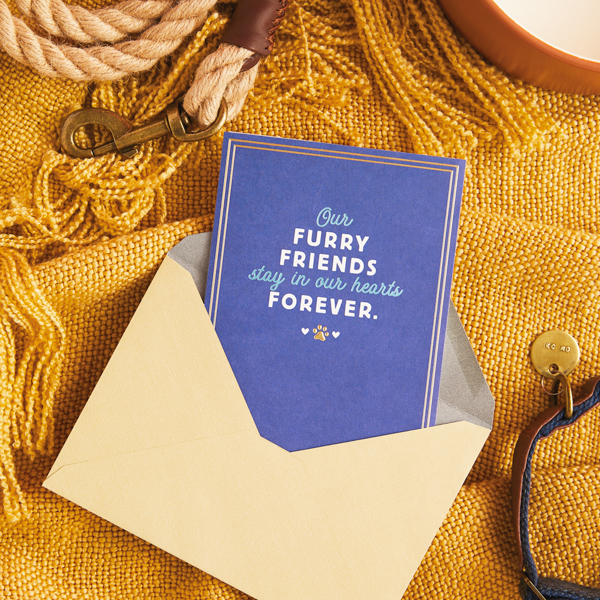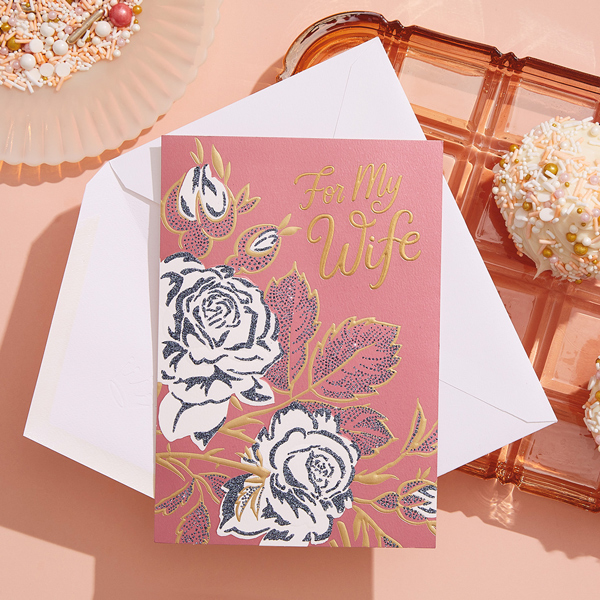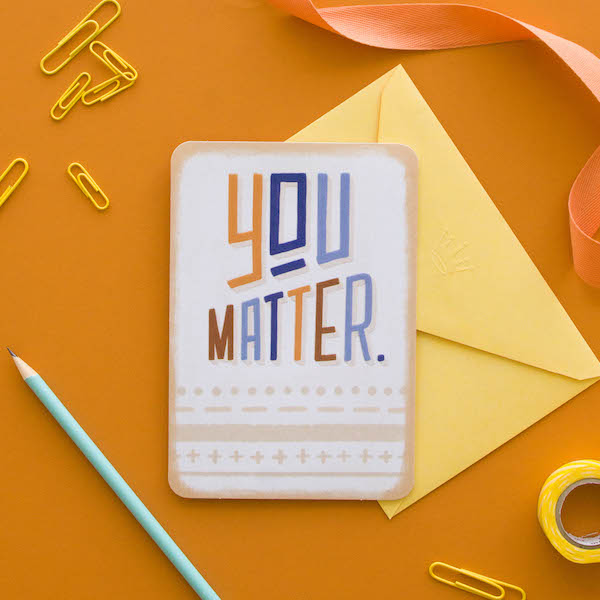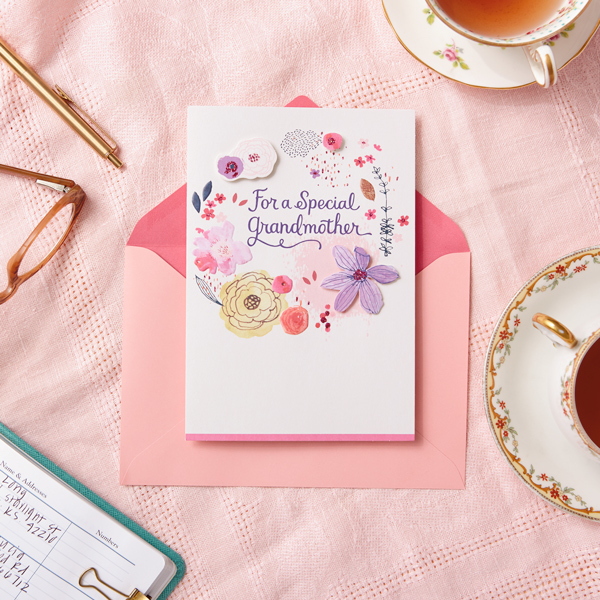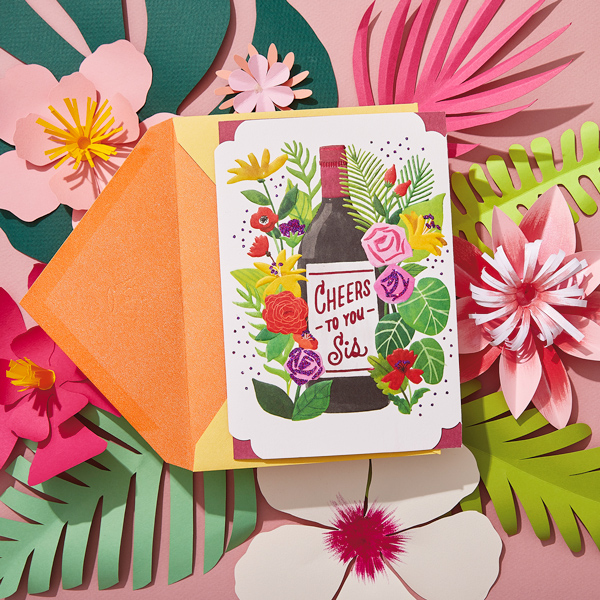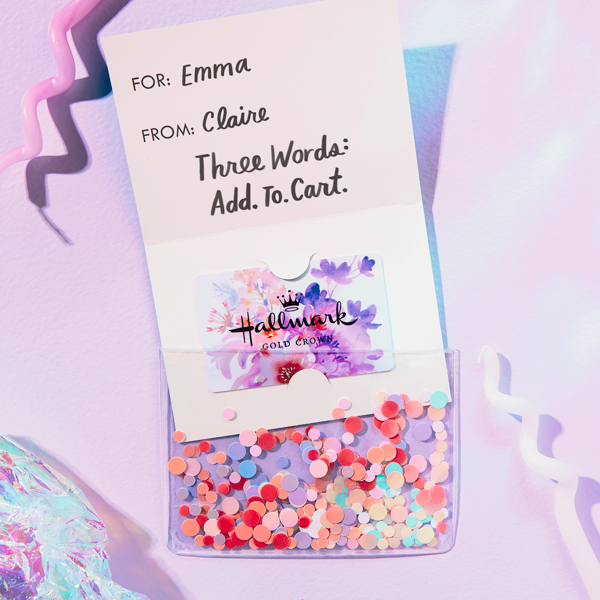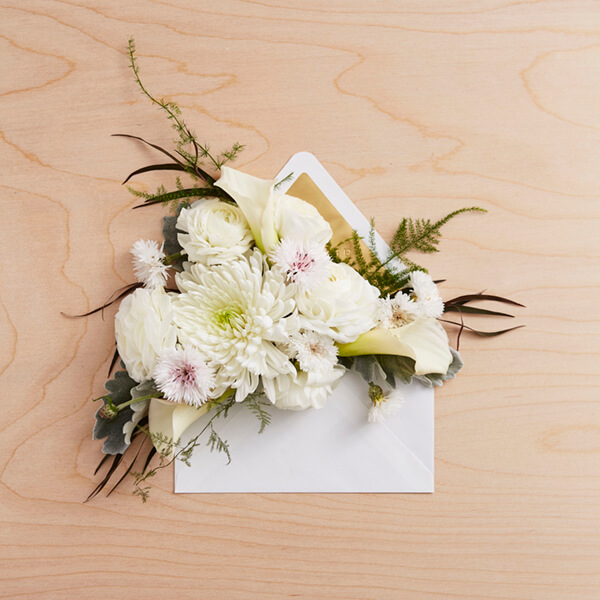What to Write in a Rosh Hashanah Card
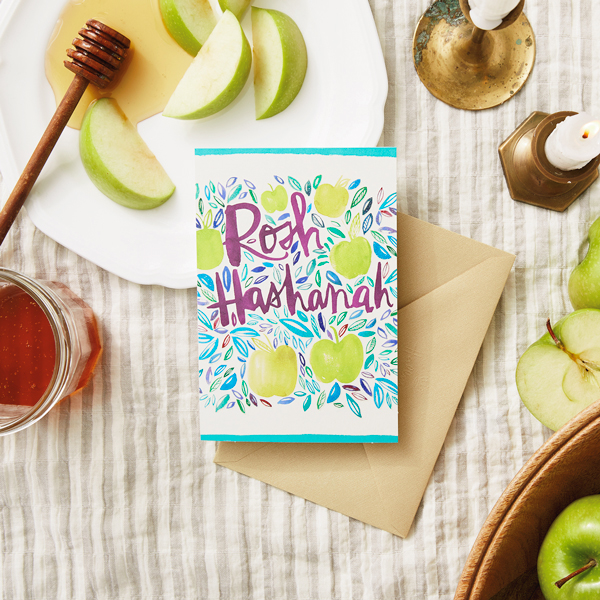
The Jewish New Year, which is called Rosh Hashanah, is a festive time of introspection and preparation for the year ahead. This important holiday kicks off the ten Days of Awe known as the High Holy Days (or High Holidays) and is filled with special foods and traditions. Below, you’ll find messages you can include in a Rosh Hashanah card. Feel free to mix and match between the categories to create the right message for you and the recipient.
Inspired? Create and share by tagging @HallmarkStores.
General and Traditional Rosh Hashanah Messages
Anyone can use these traditional sayings as a greeting, closing or main message in a card— whether you celebrate Rosh Hashanah yourself or you want to wish a Jewish friend a happy holiday.
- “Shana Tova!” (“Have a good year!”)
- “Shana Tova U’Metuka!” (“Have a good and sweet year!”)
- “Shana Tova Tikateivu!” (“May you be inscribed in the Book of Life for a good year!”)
- “Happy Rosh Hashanah!”
- “Yom Tov!” (“Good day!”)
- “Gut Yontif!” (“Good good day!” Yes, you read that right. It’s Yiddish, a language traditionally spoken by Ashkenazi Jews.)
Helpful Tip: Yom Tov and Gut Yontif are both understood as “have a good holiday,” and either can be used to express well wishes for Rosh Hashanah, Yom Kippur and many other major Jewish holidays.
Greetings for Family and Friends
On Rosh Hashanah, Jewish people gather to reflect on the past year and prepare for the year to come. Celebrations include large meals with friends and loved ones. Religious services are filled with special songs reserved just for the holiday.
- “May this year bring more sweetness, more joy and more time well spent together.”
- “Wishing you a year of peace, blessings and good health.”
- “Happy Rosh Hashanah! Hope the sweetness of these days carries through to the whole year ahead.”
- “May this time of reflection usher in a year of love, laughter and sweet blessings for you and your family.”
Playful Rosh Hashanah Wishes
The Jewish New Year is full of good food and good cheer. Round challah (pronounced HAA-luh), honey cake, apples dipped in honey, pomegranate seeds and a head of a fish (or cabbage) are often served to symbolize wholeness, sweetness, abundance and looking ahead. Don’t be afraid to have a little fun—and try out some puns—with your Rosh Hashanah greetings.
- “Hope your Rosh Hashanah has been great sho-far!”
- “Wishing you a year that is a head above the rest!”
- “Hope to see you around this challah-day!”
- “Here’s to a year as sweet as honey cake.”
- “Wishing you a year that’s all heads, no tails.”
- “Have no fear, the time for apples and honey is here!”
Including a Yom Kippur Message
Yom Kippur (pronounced YAAM kuh-POOR) is the Day of Atonement. It occurs 10 days after Rosh Hashanah and concludes the Days of Awe/High Holidays. Tradition says that on Rosh Hashanah your fate for the year is written by God, and on Yom Kippur, it’s sealed.
- “Wishing you an easy and meaningful fast on Yom Kippur.”
- “May Yom Kippur be a time of meaningful reflection for you and your family.”
- “G’mar Chatima Tova.” (“May you be sealed in the Book of Life.”)
Helpful tip: “Happy Yom Kippur” isn’t an appropriate message. While it’s not a sad day, it is the most solemn Jewish holiday, consisting of fasting and deep reflection.
Warm Closings
You can close a message with any of the general and traditional Rosh Hashanah messages above. Or, depending on the relationship, you might want to sign with something a little more personal:
- “May your home be filled with countless blessings this year.”
- “All my love to you and yours as you enter this new year.”
- “Wishing you a Rosh Hashanah that is filled with love and meaning.”
Helpful Tip: There’s no simple way to move between the Hebrew and Latin alphabets, so you may see variations in how traditional holiday greetings are spelled. Whether you’re writing Shana Tova or Shanah Tovah, both are correct.
Shop This Idea
See allYou may also like
See more-
Card Ideas Card messages for kids: What to write in a kid’s holiday card and more
My 3-year-old was having a hard time at preschool drop-off. Dragging his feet. Asking to stay home. This went on a fe...
-
Card Ideas Sending Cards and Letters: Our Best Advice and Ideas
Maybe you’ve made it a goal to develop a letter writing habit. Maybe you have someone you feel the need to reach out ...
-
Friends Friendship messages: What to write in a friendship card
Whether it’s your friend’s birthday or just any old day, sending a card is a great way to bring a smile and nurture ...
-
Graduation What to write in a graduation card
Hats off to graduates! Whether they’re earning a diploma, a program certificate, a degree or even a cool new professi...
-
Valentine's Day 100+ kids valentine messages: From kid-to-kid, for teacher and more
Refrigerator doors everywhere will soon be covered with valentines from kids. The right message added inside can make...
-
Christmas Christmas wishes: What to write in a Christmas card
Get sample messages, tips and watch our new video guide to write the perfect Christmas card.
-
Mother's Day What to write in a Mother's Day card
Chances are you know at least a few moms who deserve a shout-out on Mother’s Day. If you’d like some creative ideas f...
-
Valentine's Day Valentine messages: What to write in a Valentine's Day card
Back in the day, when you had to come up with a valentine for everyone in your class, it was enough just to sign your...
-
Father's Day Father's Day messages: What to write in a Father's Day card
Find just the right Father's Day message to tell Dad just how much you appreciate him.
-
Card Ideas Card messages for kids: What to write in a kid’s birthday card
After the birthday party, when the calm has returned, is when my kids come back to their birthday cards. The cards ar...
-
Birthday What to write in a birthday card
Some people have no problem coming up with what to write in a birthday card. Just hand them a pen and they’ll effortl...
-
Card Ideas What to write: Message ideas for Administrative Professionals Day
Everyone knows that behind every well-run office is a great administrative assistant, and Administrative Professional...
-
Care & Concern What to Write When Trying to Reconcile With a Loved One
Being estranged from someone hurts, plain and simple. And in today’s society, it’s increasingly common. According to ...
-
Card Ideas What to Say When Someone Loses a Pet
My first cat died when I was 8 years old. His name was Barnabus—after the soap opera vampire—and he was a handsome bl...
-
Card Ideas What to Write: Birthday Messages for Your Wife
No matter how long you’ve been married, you know that words mean a lot. And sometimes, the right words at the right t...
-
Encouragement Encouragement Messages: What to Write in an Encouragement Card
Everyone can use a little encouragement now and then. Sadly, both inner struggles and external setbacks are an una...
-
Card Ideas What to write: Messages for grandparents
Nana, Bumpa, Gam, Pop…such short names for people who hold such a big part of your heart! Maybe it’s because they spo...
-
Card Ideas What to Write: Birthday Wishes for Sisters
Our relationships with our sisters can be beautiful, fun and funny, complex and complicated, and even messy things. S...
-
Card Ideas What to write: 238 short, sweet and funny gift card message ideas
There are some people who are inclined to say that gift cards are impersonal. But we’re here to offer the opinion tha...
-
Sympathy Sympathy messages: What to write in a sympathy card
Signing a sympathy card isn’t easy. We search for words. We wonder what would be comforting to hear. We worry about s...

